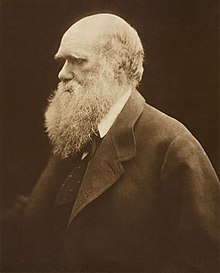
I've always wondered about the penchant of those who ascribe a totally material origin to the universe and who consequently believe it to be without meaning to nonetheless insist that purpose is to be found in it. Somehow, it doesn't add up.
In a book (Purpose and Desire), he published a few years ago, physiologist and biologist J. Scott Turner wonders why, too. Why do we believe we have purpose in what Darwinian evolution decrees to be a meaningless world?On the one hand, every living thing behaves as if it has purpose. Be it a purpose to eat, to seek safety, to live, or even to consider the nature of existence, living beings seem to reflect purpose. Yet on the other hand, why would wholly material beings come to think of such things? Can chemicals desire? Can chemicals think?
A thoroughgoing Darwinian evolutionist, Turner does not see how. He does not see how mentally inert matter can exercise purpose. Yet he believes in the Darwinian picture of existence. Moreover, although he believes in God, he is careful in the course of the book not to use such belief as the way to answer his question.
And maybe that's his point. Unless a bigger purpose is afoot, unless a larger vision is working through the cosmos, we strive in vain to prove it has purpose. How can we? We are essentially inert matter. We have no reason to wonder.
But we do. Every day. We can therefore choose to live with the puzzle of God or we can choose to live without ever being able to explain why we really want to live in the first place.
It's the choice of a lifetime.
No comments:
Post a Comment